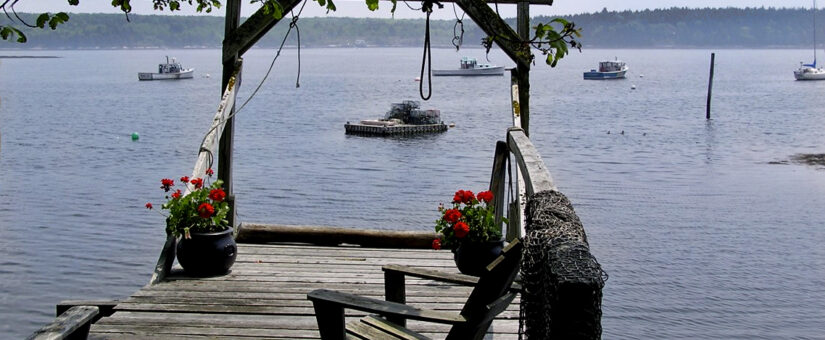
The Philosophical Foundations of Professional Coaching I: Are Our Decisions and Actions Predetermined or Free?
People who assume full responsibility for their actions need time for reflection. However, depending on our personal preferences and styles, we may not choose to take time for this reflection. People with an internal locus often are inclined to “power” ahead in an unreflective manner, assuming that they are in control. They run over other people, other species, and the natural world in which they live. Those of us with an internal locus are inclined to be defiant: we know we are right and force others in the world to come around to our point of view. It’s “man against nature” or “man over nature.” It’s “every man for himself.” Many of our global problems can be attributed in part to rampant individualism and an attendant assumption that we have the right to control or change anything in our world.
There is a second level of criticism with regard to internal locus of control. It concerns the existential despair that can accompany individualism and the courage of autonomy and responsibility. Soren Kierkegaard (1980) describes this as sailing alone on a stormy sea, with many fathoms of dark and unknown water beneath us. We ultimately live in isolation from other people and from the assistance of an external benevolent force when we assume an internal locus of control. Kierkegaard was able to find an external, caring God in the midst of his existential analysis. Victor Frankel (1997) similarly found this external divine presence—in the midst of a grotesque, externally dominated experience of the World War II concentration camp. Many other proponents of existentialism can’t find this balancing presence of an external spiritual presence. They sink inevitably into despair or a nihilistic perspective on life that is pure internal locus, but also pure hell.
External Locus of Control
There are other forces that propel our ship—and we have to contend with and interact with powerful, external forces that have something to say about our course of travel and our destination. We live on sailboats—not motorized boats. The winds, currents, tides and weather have much to say about the direction and speed of our travel. Our ship has many co-captains. Many external forces move our ship. Someone or something else is pulling us [God/Fate]. We are like the ship coming into the harbor that is being pulled by a tugboat. The tub boat (and its captain) provides both the energy and the direction. Energy and direction are both derived from external sources.
There is a second option with regard to the nature of external forces impacting on our ship. Someone else is coming on board our ship and steering it into the berth. This is the harbor captain (or the parent or mentor). We are dependent on someone else for direction, though we provide the energy. Thus, there is a mixture of internal and external locus of control.
A third option concerns the setting in which someone or something else is offering information to us. This person or object operates like a lighthouse. It doesn’t control us or even tell us what to do. It only provides information (that is hopefully accurate). We must decide what to do with this information. We might choose to ignore the information and crash on the rocks. That is our choice. It is up to us to discern and interpret the external information. This is an even more powerful and complex blending of internal and external locus of control. The external world is influencing us, but we are still in charge.
- Posted by William Bergquist
- On November 27, 2022
- 0 Comment


Leave Reply